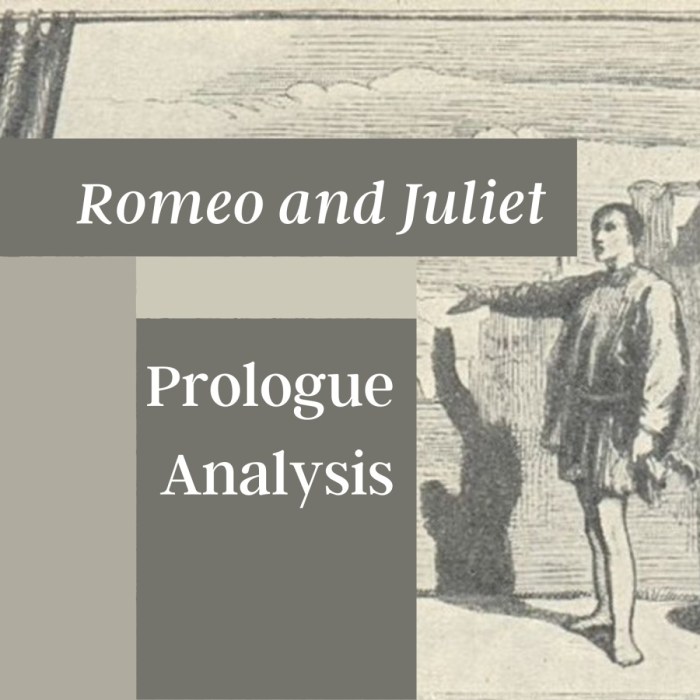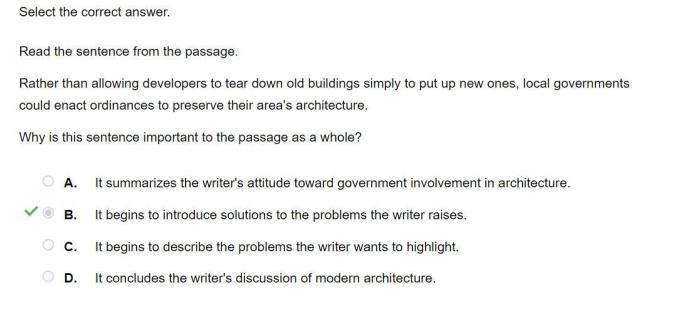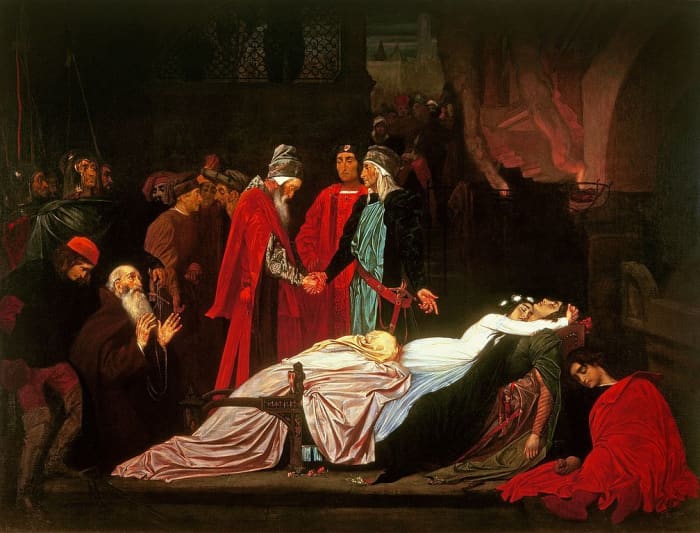The fearful passage of their death-mark’d love – The fearful passage of their death-marked love, a phrase steeped in both dread and devotion, encapsulates the profound impact of time’s inexorable march on human existence. As we traverse the labyrinthine corridors of life, the specter of mortality looms large, casting an uncertain shadow over our every step.
Yet, amidst this existential angst, love emerges as a beacon of both solace and sorrow, intensifying the joys and exacerbating the fears that accompany our journey toward the inevitable.
The word “passage” serves as a poignant metaphor for the transition we undertake as time relentlessly sweeps us forward. This passage is fraught with uncertainty, marked by moments of both triumph and despair. The “fearful” aspect of this journey reflects the inherent challenges and complexities of life, the obstacles we encounter, and the unknown that lies ahead.
The Emotional Impact of the “Fearful Passage”
The phrase “the fearful passage of their death-mark’d love” evokes a profound sense of fear, anxiety, and uncertainty associated with the passage of time and the approach of death. The word “fearful” suggests a deep and abiding terror, while the phrase “death-mark’d” conveys the inevitability and finality of death.
Together, these words create a powerful image of a journey fraught with trepidation and uncertainty.
The Metaphorical Use of “Passage”

The word “passage” in this context can be interpreted as a journey or transition. It is a journey through time, towards an unknown and potentially frightening destination. The “fearful” aspect of this passage reflects the challenges and uncertainties of life, as well as the fear of the unknown that accompanies the approach of death.
The Role of Love in the Passage of Time

Love can both intensify and mitigate the fear associated with the passage of time. On the one hand, love can make us more aware of our own mortality and the preciousness of life. On the other hand, love can also provide us with a sense of purpose and meaning, which can help us to face the future with less fear.
The phrase “death-mark’d love” suggests that love is both a source of joy and a reminder of mortality.
The Cultural and Historical Context

The phrase “the fearful passage of their death-mark’d love” has been used in literature, art, and history to illustrate the cultural and historical significance of death and mortality. In the Middle Ages, for example, the phrase was often used to describe the fear and uncertainty associated with the Black Death.
In the Victorian era, the phrase was used to express the fear of death and the desire for immortality. Today, the phrase is still used to describe the challenges and uncertainties of life, as well as the fear of the unknown that accompanies the approach of death.
The Philosophical Implications

The phrase “the fearful passage of their death-mark’d love” raises a number of philosophical questions about the nature of time, mortality, and the meaning of life. These questions include: What is the nature of time, and how does it relate to our experience of life and death? What is the meaning of mortality, and how can we come to terms with our own mortality? What is the meaning of life, and how can we live our lives in the face of death?
FAQ Resource: The Fearful Passage Of Their Death-mark’d Love
What is the significance of the phrase “death-marked”?
The phrase “death-marked” conveys the inevitability and finality of death. It suggests that from the moment of our birth, we are destined to face mortality, and that this knowledge shapes our experiences and perceptions throughout life.
How does love both intensify and mitigate the fear associated with the passage of time?
Love can intensify the fear of death by reminding us of the preciousness and brevity of life. It can also mitigate this fear by providing a sense of purpose, meaning, and connection that transcends our own mortality.